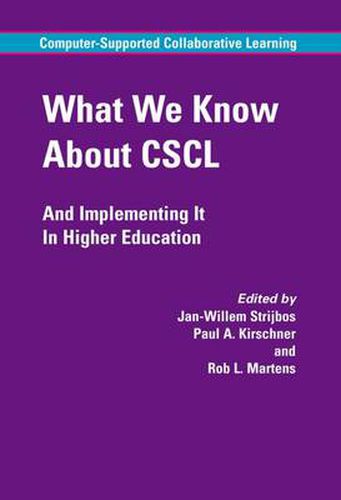Readings Newsletter
Become a Readings Member to make your shopping experience even easier.
Sign in or sign up for free!
You’re not far away from qualifying for FREE standard shipping within Australia
You’ve qualified for FREE standard shipping within Australia
The cart is loading…






This title is printed to order. This book may have been self-published. If so, we cannot guarantee the quality of the content. In the main most books will have gone through the editing process however some may not. We therefore suggest that you be aware of this before ordering this book. If in doubt check either the author or publisher’s details as we are unable to accept any returns unless they are faulty. Please contact us if you have any questions.
A Dutch policy scientist once said the information and knowledge in the twenty-first century has the shelf life of fresh fish, and learning in this age often means learning where and how to find something and how to relate it to a specific situation instead of knowing everything one needs to know. On top of this, the world has become so highly interconnected that we have come to realise that every decision that we make can have repercussions somewhere else. To touch as many bases as possible, we need to work with knowledgeable others from different fields (multiple agents) and take heed of their points of view (multiple representations). To do this, we make increasing use of computers and computer-mediated communication. If computer-supported collaborative learning (CSCL) is not simply a newly discovered hype in education, what is it and why are we writing a book about it? Dissecting the phrase into its constituent parts, we see that first of all CSCL is about learning, and in the twenty-first century this usually means constructivist learning.
$9.00 standard shipping within Australia
FREE standard shipping within Australia for orders over $100.00
Express & International shipping calculated at checkout
This title is printed to order. This book may have been self-published. If so, we cannot guarantee the quality of the content. In the main most books will have gone through the editing process however some may not. We therefore suggest that you be aware of this before ordering this book. If in doubt check either the author or publisher’s details as we are unable to accept any returns unless they are faulty. Please contact us if you have any questions.
A Dutch policy scientist once said the information and knowledge in the twenty-first century has the shelf life of fresh fish, and learning in this age often means learning where and how to find something and how to relate it to a specific situation instead of knowing everything one needs to know. On top of this, the world has become so highly interconnected that we have come to realise that every decision that we make can have repercussions somewhere else. To touch as many bases as possible, we need to work with knowledgeable others from different fields (multiple agents) and take heed of their points of view (multiple representations). To do this, we make increasing use of computers and computer-mediated communication. If computer-supported collaborative learning (CSCL) is not simply a newly discovered hype in education, what is it and why are we writing a book about it? Dissecting the phrase into its constituent parts, we see that first of all CSCL is about learning, and in the twenty-first century this usually means constructivist learning.